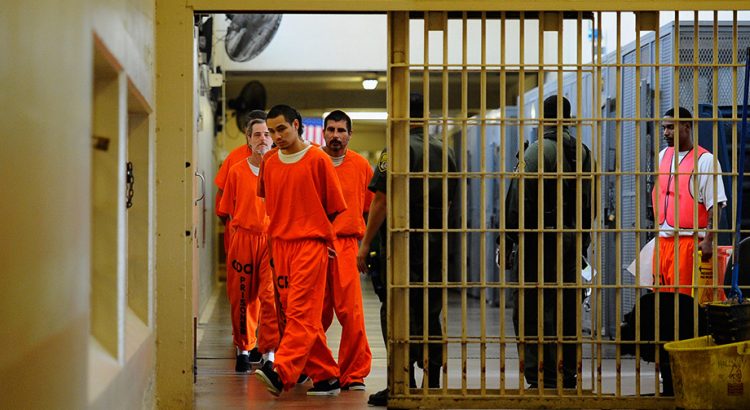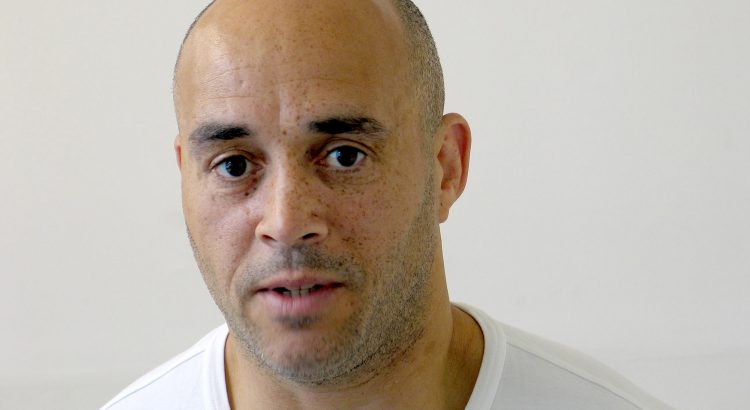Although many cases in movies use polygraph tests as evidence, in reality, a polygraph test is not admissible as evidence. The main reason behind this is the fact that a polygraph only measures the biological processes that occur when a person is questioned like a person’s blood pressure or heart rate variances. Although these indicators are considered to increase when a person is under stress when lying, they can also increase if a person is nervous.
To reduce false positives, law enforcement personnel are trained to ask questions in a way that the respondent cannot only answer yes or no. In some cases, people can also evade the detection of a lie by faking physical activity like sneezing when a person is not lying, causing the whole test to look inaccurate.
Due to this reason polygraphs have been challenged on several occasions, because the result of the polygraph can mean many things. However, lawyers still request for a lie detector test in some criminal investigations. In most cases the interrogator will trick the subject by indicating that the results are not in favor of the subject, this has often cause subjects to confess.
If, however, both parties agree that the result of the polygraph is admissible, it then can be used as evidence. Polygraphs can also be used to screen candidates for specific jobs that require a high level of security.






